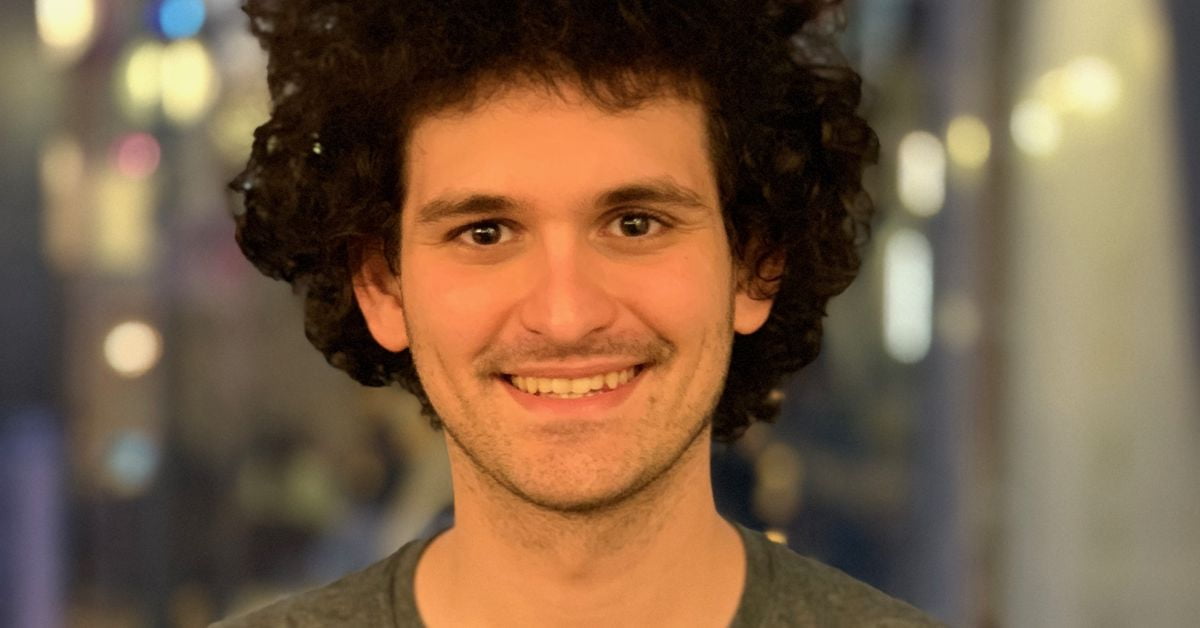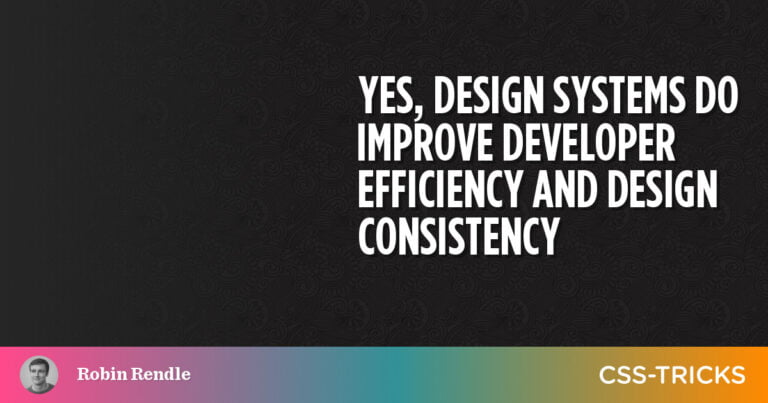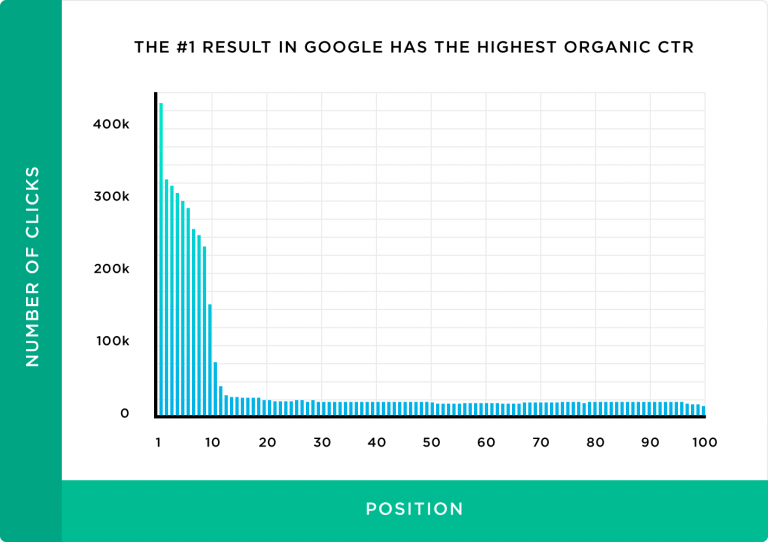
One of the people who Joe Biden should thank for becoming president is a 28-year-old cryptocurrency zealot who sleeps on an office beanbag chair most nights, believes businesses focus too much on social responsibility, and has, seemingly out of nowhere, become worth $10 billion.
This is Sam Bankman-Fried, who represents a new breed of entrepreneurs who think obsessively — and, at times, counterintuitively — about the value of becoming rich. Their civic-mindedness doesn’t lead them into do-gooder careers, but into earn-earn-earn careers where they can maximize their fortunes. And Bankman-Fried has ridden the crypto boom to more or less check off part one of his two-part plan, which goes like this:
Make a tremendous amount of money by any means necessary. Then give it all away by the best means possible. (Well, what he doesn’t spend.)
The founder of a rapidly growing startup called FTX, which offers a platform for people to buy and sell cryptocurrencies, Bankman-Fried now considers $10 billion a “reasonable” estimate of his wealth and progress to date.
But he cut a low profile until last year, only known really in crypto circles and among effective altruists, a community of philanthropists and believers who think that money and time should be donated not based on personal interest but on the projects that are proven by data to be the most effective at helping people. But Bankman-Fried turned heads over the last year when he became one of Silicon Valley’s biggest contributors to groups supporting Joe Biden, at least in terms of disclosed giving. He donated about as much to Democrats as did famous tech titans like former Google CEO Eric Schmidt or Netflix CEO Reed Hastings.
Why did he do so much for Biden, someone he has never met? Well, because he said he crunched the numbers on how much impact each dollar would have if he donated it. That’s the same approach that led him to get involved with Mind the Gap, a data-driven donor group very popular in Silicon Valley led by his mother, Stanford professor Barbara Fried.
And yet he is a unique liberal megadonor. While many liberals want to focus on how billionaires can exacerbate inequality, Bankman-Fried wants to focus on how billionaires can maximize their winnings.
The following interview has been edited for length and clarity.
Theodore Schleifer
Table of Contents
- 1 Theodore Schleifer
- 2 Sam Bankman-Fried
- 3 Theodore Schleifer
- 4 Sam Bankman-Fried
- 5 Theodore Schleifer
- 6 Sam Bankman-Fried
- 7 Theodore Schleifer
- 8 Sam Bankman-Fried
- 9 Theodore Schleifer
- 10 Sam Bankman-Fried
- 11 Theodore Schleifer
- 12 Sam Bankman-Fried
- 13 Theodore Schleifer
- 14 Sam Bankman-Fried
- 15 Theodore Schleifer
- 16 Sam Bankman-Fried
- 17 Theodore Schleifer
- 18 Sam Bankman-Fried
- 19 Theodore Schleifer
- 20 Sam Bankman-Fried
- 21 Theodore Schleifer
- 22 Sam Bankman-Fried
- 23 Theodore Schleifer
- 24 Sam Bankman-Fried
- 25 Theodore Schleifer
- 26 Sam Bankman-Fried
- 27 Theodore Schleifer
- 28 Sam Bankman-Fried
- 29 Theodore Schleifer
- 30 Sam Bankman-Fried
Is your objective when you’re thinking about the company, or thinking about just your work in general, still just to maximize net worth?
Sam Bankman-Fried
I think the answer is closer to yes than no. The core plan is still, ultimately, donate as much as I can, and then most of what I’m going to do now that matters is maximizing the amount that I can make that will lead to that.
Theodore Schleifer
Your point of view is still that the best way to achieve change is to make money in phase one, and then give it away in phase two. And I’m curious, because that is maybe kind of crass, but it’s also not really in line with a lot of Silicon Valley corporate social responsibility programming. Entities like the Business Roundtable say that running a business is not all about maximizing shareholder value, which is another way of saying it’s not all about getting rich. It’s fair to say you disagree with that sort of thinking?
Sam Bankman-Fried
I disagree that it’s the best way to think. Now, I think it’s better than what might be the alternative in some of those cases, which would be maximizing shareholder value with no eye toward long-term making the world a better place. I think it’s better than nothing. I think in general, doing good is good, however it comes.
But what I think more strongly than that is that if you want to try and do as much good as you can, it’s usually not the best decision to try and take this sort of middle-of-the-road [approach] — try and make some money, but also try and do some good with the job — and that you just do worse than picking one or the other.
If what you’re trying to do is donate, you should make as much as you can and give as much as you can. And if what you’re trying to do is have direct impact — not through donations — then you should think about what career allows you to have the most direct impact and go straight to that.
Theodore Schleifer
You’re sort of an unabashed capitalist, right? You believe that people should make money. I write about billionaires in America, and there is a lot of shyness about wealth. Even the idea of being a billionaire is not something that people really want to necessarily acknowledge. Even the word “billionaire” has become charged in a weird way.
Sam Bankman-Fried
Oh, absolutely. It absolutely has.
I think I feel more comfortable with [talking about wealth] in some senses than I otherwise would because of the donations.
Partially, it just gives me a thing to say. But the thing about effective altruism, about donating, is that in the end it doesn’t matter who does it. It matters where it goes and what it accomplishes. But it doesn’t matter if it’s me who does it or if it’s someone else. So I think it softens the notion of wealth in some ways. Not in others. But I think there’s some ways in which it does, because it removes some of the personal and individual importance of it. And instead the focus is on what it can accomplish.
Theodore Schleifer
So you give $5 million to Future Forward. You become at least one of the biggest disclosed donors in the country. Did that surprise you?
Sam Bankman-Fried
It still shocks me that the world is such that that is true, even though I sort of knew in all likelihood that’s how it was. It’s a really bizarre fact. And that shouldn’t be true.
My prior [belief], if I didn’t know anything about this, would have been that there’d be at least one person giving like $5 billion to $10 billion per [election] cycle. And there’d be a bunch giving $100 million to $500 million and a shit ton giving $10 million and that $1 million would be like number 300 or something. And it’s surprising to me — and remains quite surprising to me — how not true that is.
The thought of being someone who has $50 billion of completely liquid wealth that’s just been sitting there for years and you don’t find anything to do with $100 million of it in a big moment? That’s obviously an enormous amount for most people. But for some people in the country, that’s a rounding error.
Theodore Schleifer
I’m curious to hear how you thought about that as an effective altruist. How did you think about doing the most good with your money and how did getting rid of Trump figure into that? “I’m going to put $7 million or $8 million behind this” — rather than, say, getting rid of factory farming or any of the other causes that are important to you? How did you compare getting rid of Trump against other worthy investments?
Sam Bankman-Fried
My goal is just to find out how I can do the most good. And I had a long list of things to look at, at least briefly. And politics has always been on that list, and I’ve been fairly skeptical of it.
It sort of had the hallmarks of something that would be just overcrowded, not that impactful, and like a trap for dollars in general. And so that’s the way I thought before looking into it.
Theodore Schleifer
Did you compare donating to a super PAC to these other causes on a dollar-per-dollar, pound-per-pound scale?
Sam Bankman-Fried
Yeah. So once I had gotten to the point of like, “Oh, wow, this is surprisingly impactful,” then it’s like “All right, I should actually do this calculation.”
How impactful is it who wins a particular election, particularly the presidency in this case? And how much impact does $1 have on that?
What would have more impact on the world? X number of factory-farmed animals being saved or some number of lives saved from malaria? Versus something on the scale of the presidency of the United States?
There are a lot of ways to think about this. One way you can think about it is the budget. Maybe you think one candidate will spend the budget 10 percent better than the other. The budget is at this point $20 trillion over the course of a presidency. And so that gives you a few trillion dollars as an estimate.
Now, obviously, that’s sort of silly in some sense because it’s ignoring any part of the presidency that isn’t the budget. But it’s also assuming that the president can actually decide what goes in the budget — obviously they are not the only cook in the kitchen on that. But that gives you some approach: All right, this is the number of dollars of impact that you could have through doing this.
Theodore Schleifer
Is that what you did?
Sam Bankman-Fried
Yeah, and I don’t think that’s exactly the thing I care about. But it was a way to start to get a grip on what the scale of this was, and at least one attempt to estimate the impact.
Theodore Schleifer
Even though you are one of Biden’s biggest donors, I assume he does not know who you are, which is a weird phenomenon.
Sam Bankman-Fried
It is a weird phenomenon.
The place I could be most useful to him is — I don’t think Biden’s ever going to put much thought into it — but if [the administration] is ever looking for like an expert on crypto regulation …
He’s obviously an incredibly busy guy and I would really like to meet him — but also don’t want him to have to meet me in some senses, unless I or he had some reason to think that it would be valuable.
Theodore Schleifer
So you’ve never met him, even though you’re one of the people who is among the most responsible for him being in office.
Sam Bankman-Fried
Yep.
Theodore Schleifer
Your plan is to give away all your money in your lifetime? Or what’s your endgame, as of age 28?
Sam Bankman-Fried
That’s the plan.
Theodore Schleifer
One of the big criticisms of effective altruism is that it doesn’t consider race enough when it comes to what to fund. And I wonder how you reckon with that as someone who has got a lot of money and could do a lot of good with it.
Sam Bankman-Fried
A lot of what I think about are the most neglected areas, because those tend to be the areas that there’s not going to be anyone else looking at. And so I’ll tend to focus on areas that have a lot less of a public presence.
And then one thing that I do think is a big blind spot — to a whole lot of people — is different countries and continents. And one thing that a lot of people miss is the enormous amount of good that you can do in Africa, for instance.
That’s where the most underserved globally are and where there’s a whole lot of lowest-hanging fruit in terms of being able to make people’s lives better.
Theodore Schleifer
So you’re trying to think about what’s underserved. Is it fair to say that you’re not coming to this with a race-based prism on philanthropy?
Sam Bankman-Fried
I’m not looking explicitly in those terms. But, you know, I do think that being underserved can often be a pretty decent invitation of it being the right place to help.
Theodore Schleifer
Last thing. When you see, for instance, that some rich person has given a lot of money to Stanford or to Oxford, what’s your reaction?
Sam Bankman-Fried
I sort of have two reactions all at once. One of which is like, “Aw, come on. Like really? That’s where you’re giving it? You think that’s the place where you can do the most good in the world?” And it seems so implausible. And it’s halfway between a donation and just some weird sort of consumption for rich people.
But at the same time, I also sort of have the response of like, “I’m probably happier that they did that than if they didn’t give anything.” And people never shit on the random rich dude who never gives anything. They sort of get off scot-free.
Theodore Schleifer
Well, sometimes they do.
Sam Bankman-Fried
Sometimes they do. But I feel a little bit uncomfortable if I end up being harsher on the people who give ineffectively than the people who give not at all. And I don’t exactly know how to reconcile those two.
Theodore Schleifer
There’s a broader backlash to big philanthropy, one that I’ve written about a lot. Some people feel it discourages any donations at all. And the question is, “Well, what should they do instead? Go buy a yacht?”
Sam Bankman-Fried
Exactly. And that’s how I end up feeling. I don’t want to be the one to encourage an indiscriminate backlash against philanthropy. So I end up just feeling like, “Whatever. You can ignore this and treat it the same as if it were consumption.”






